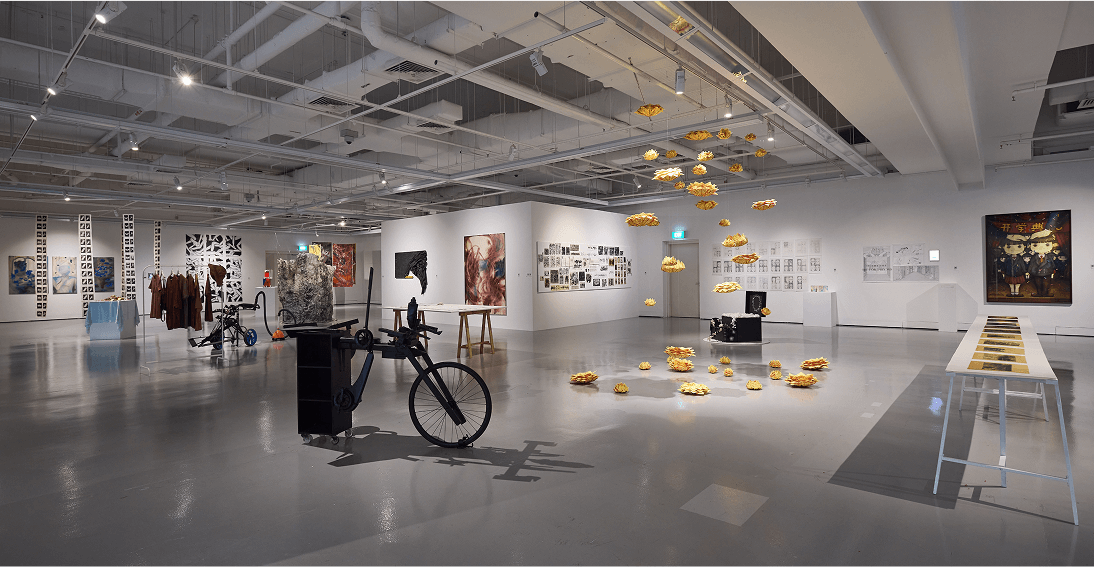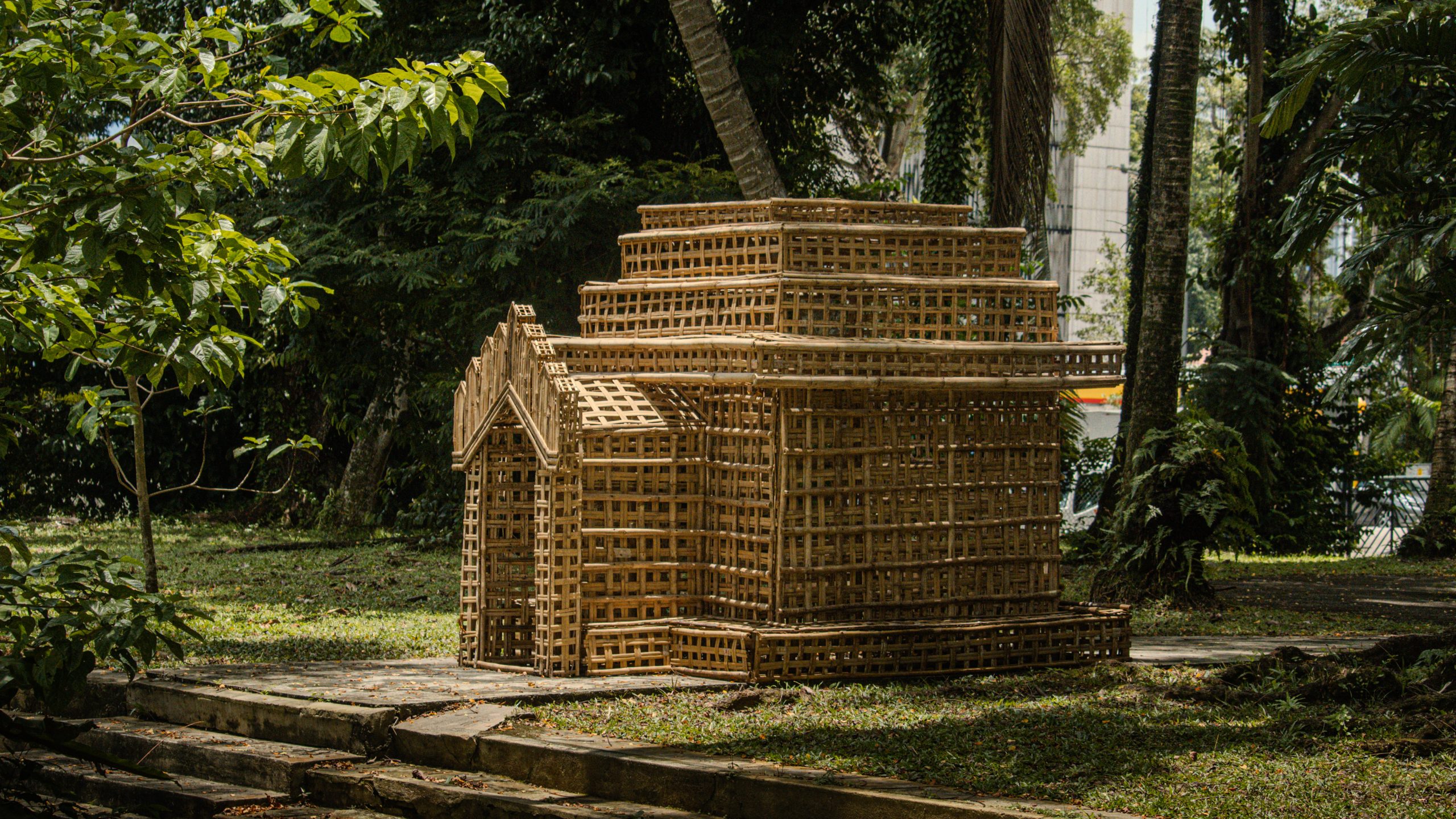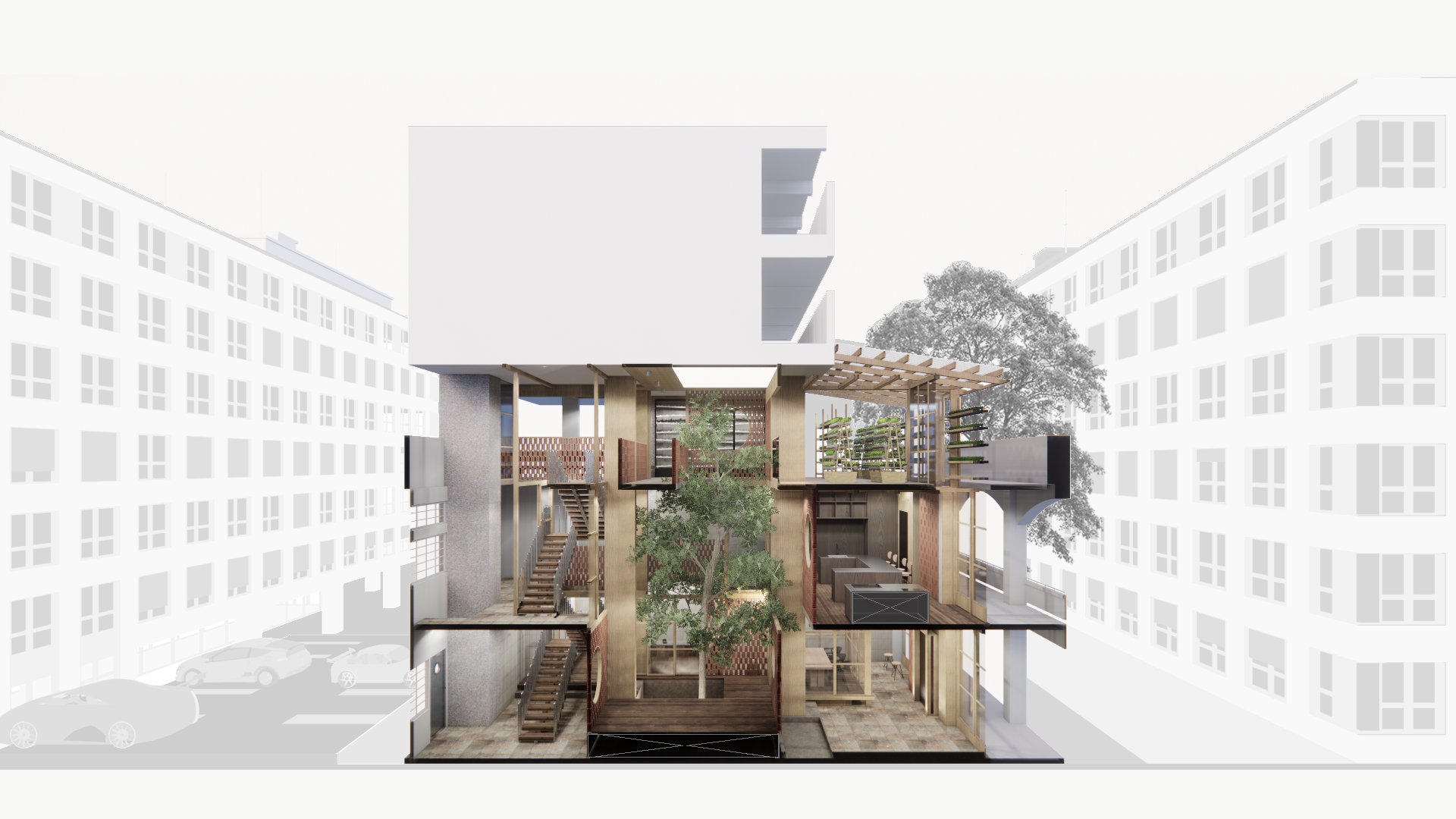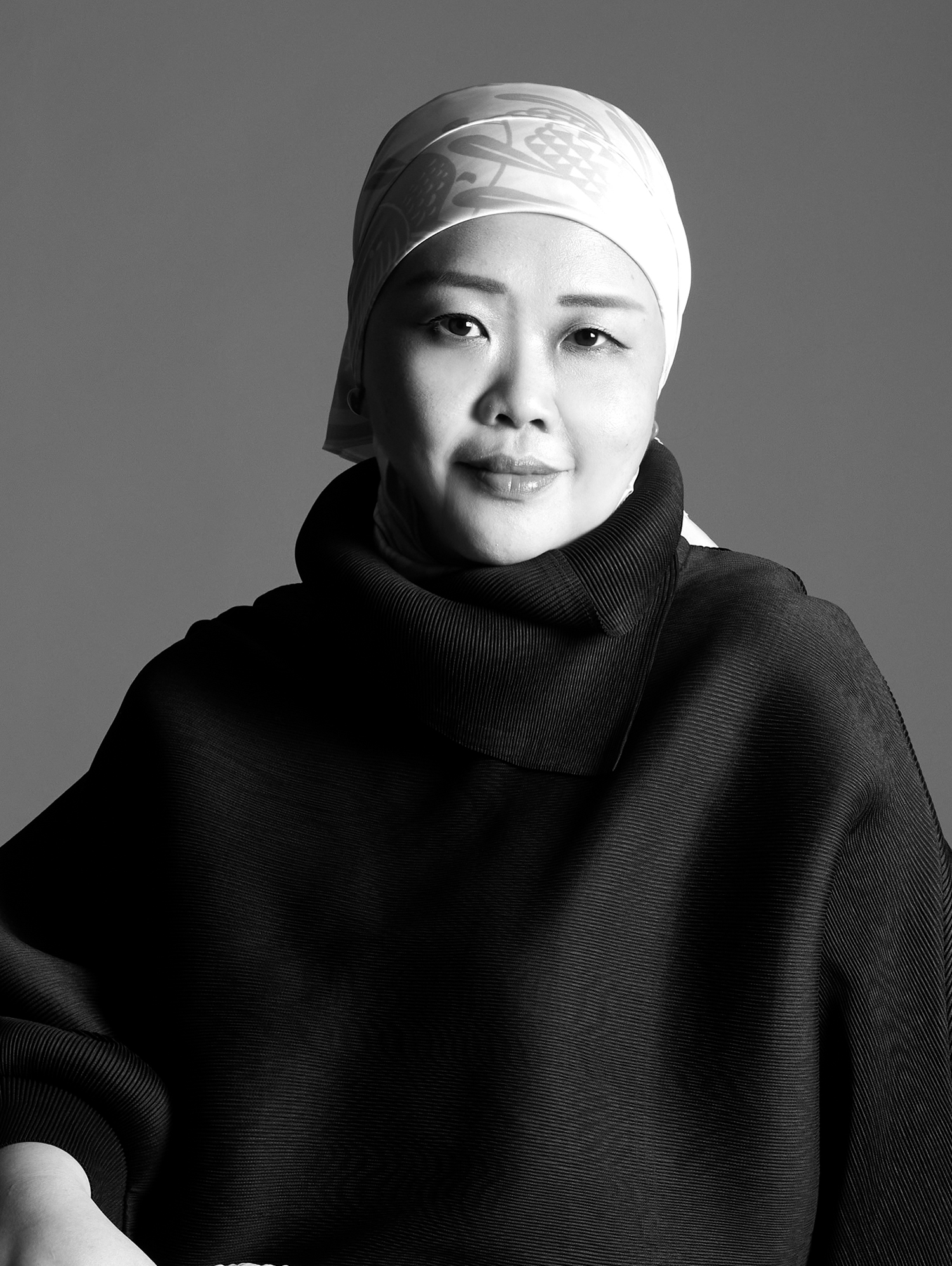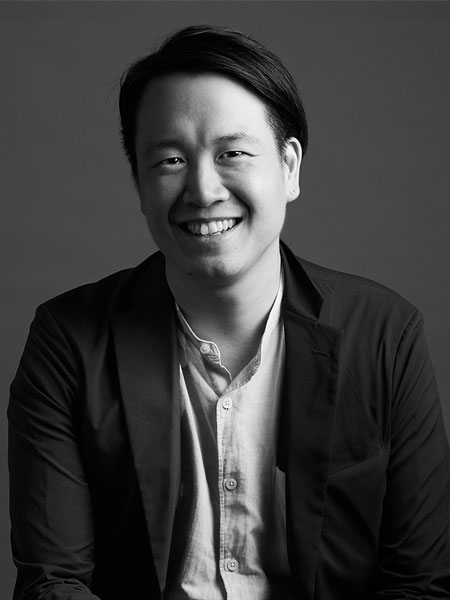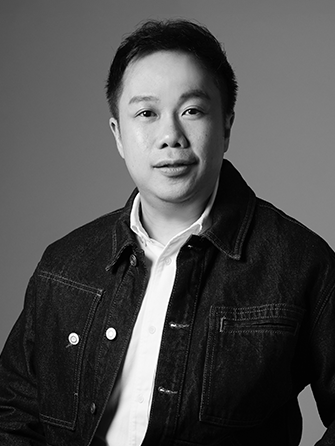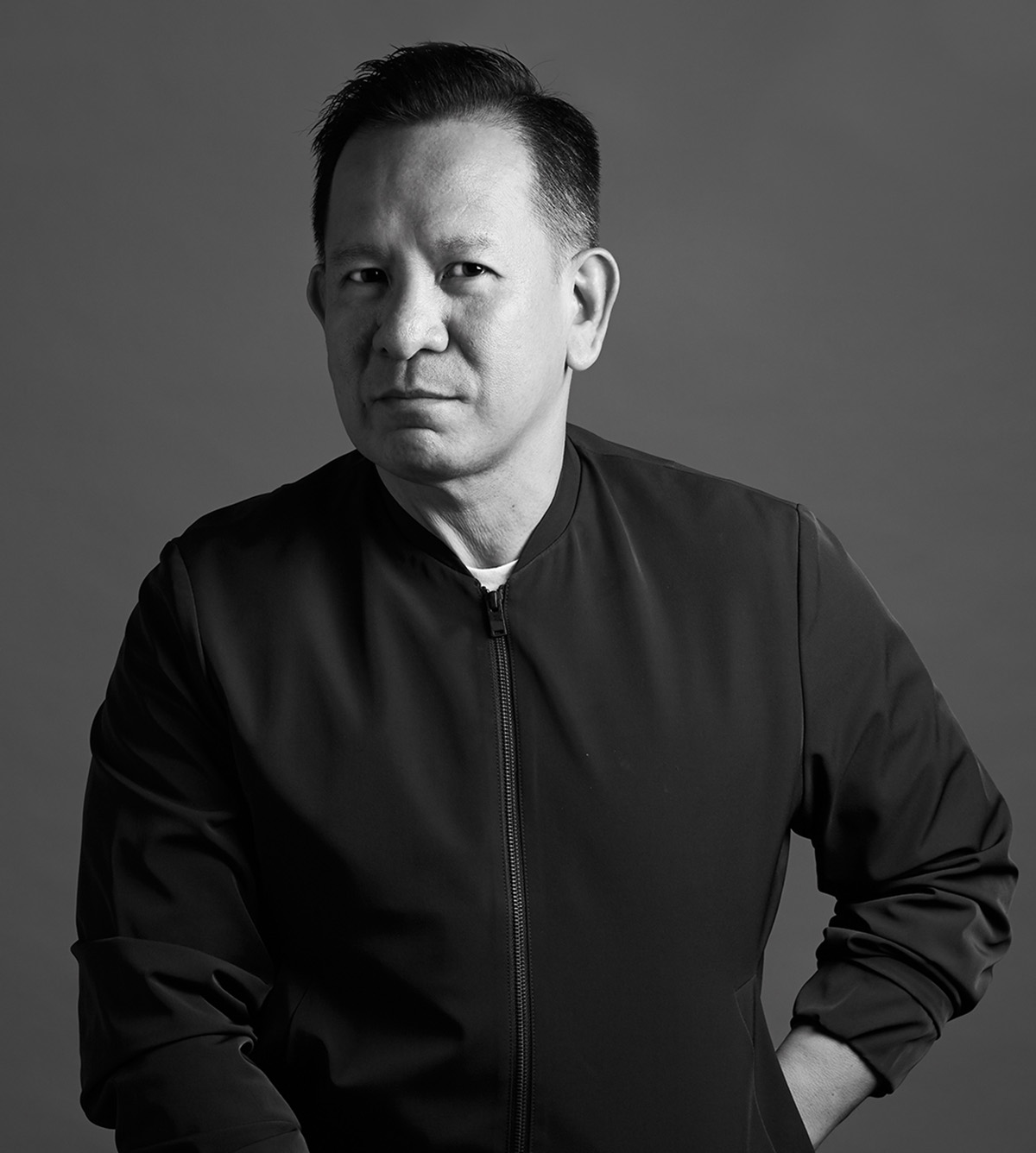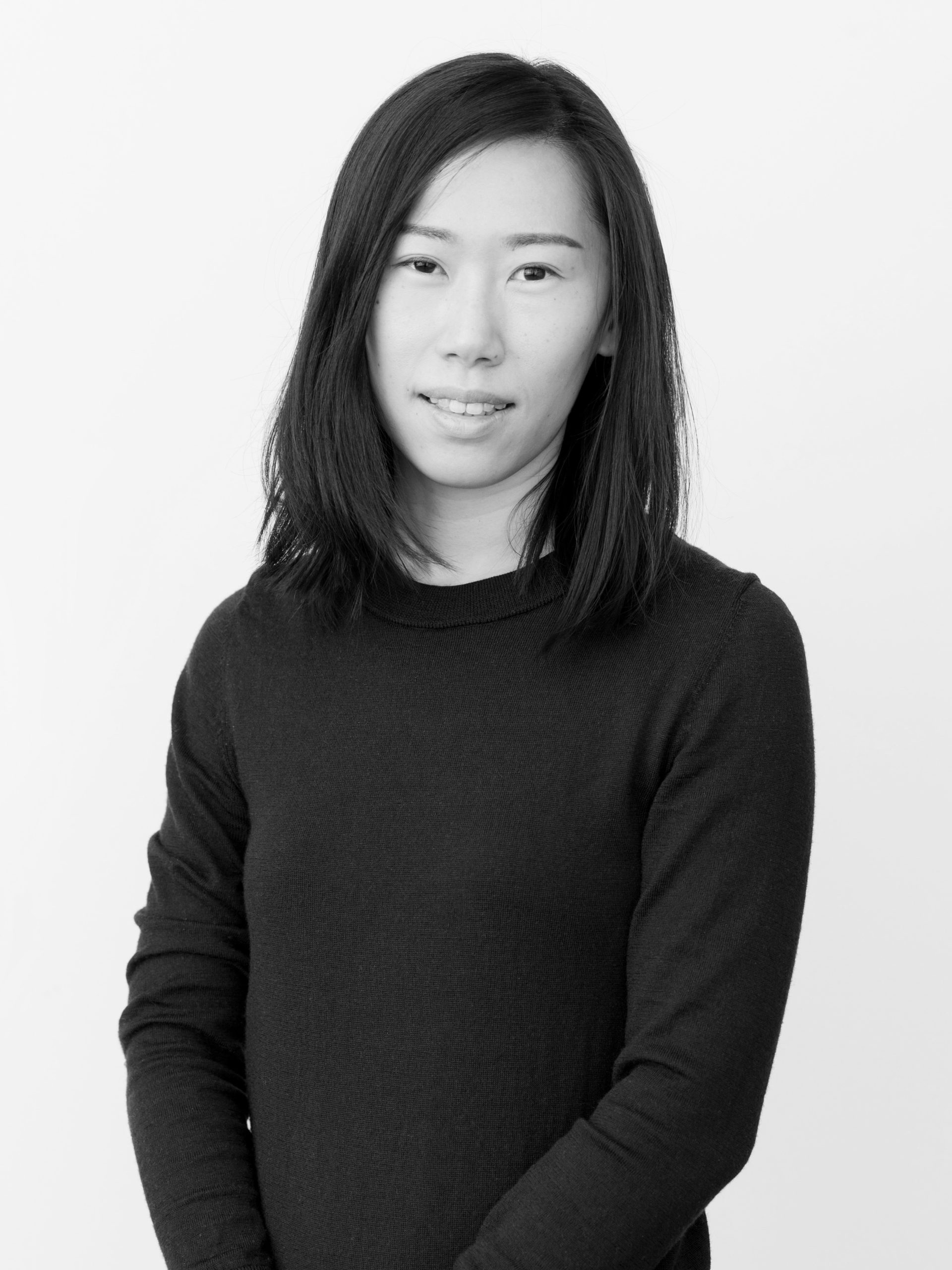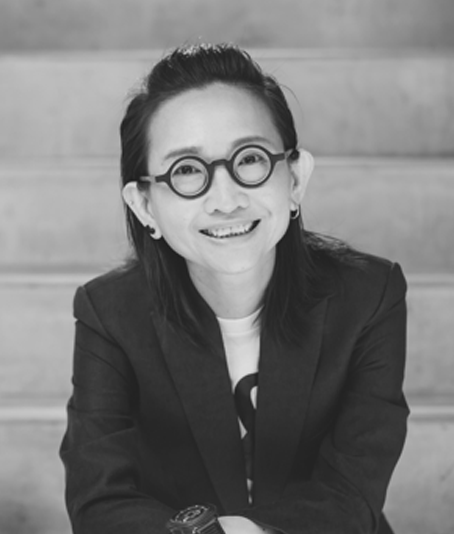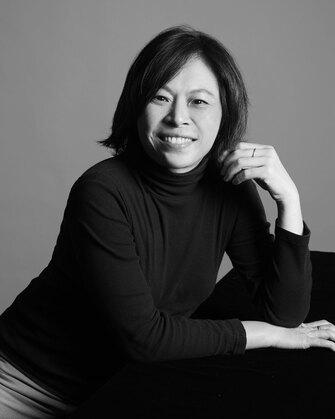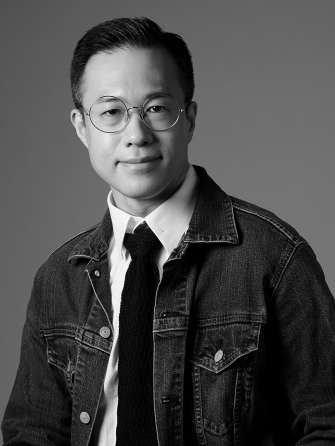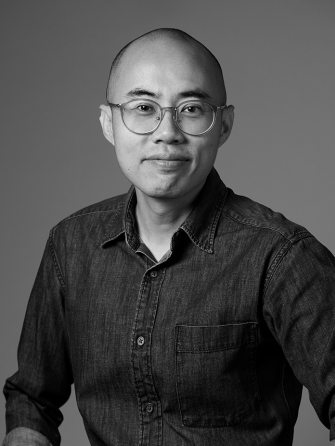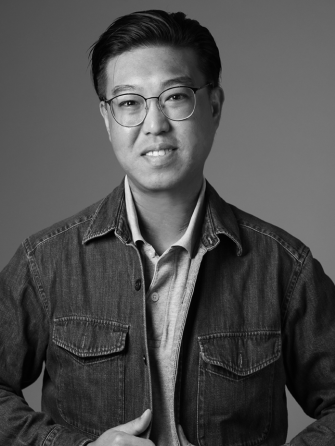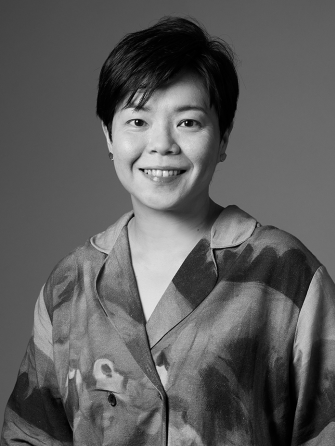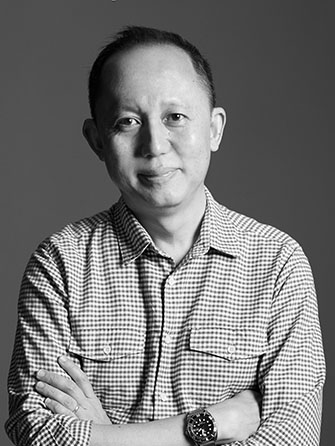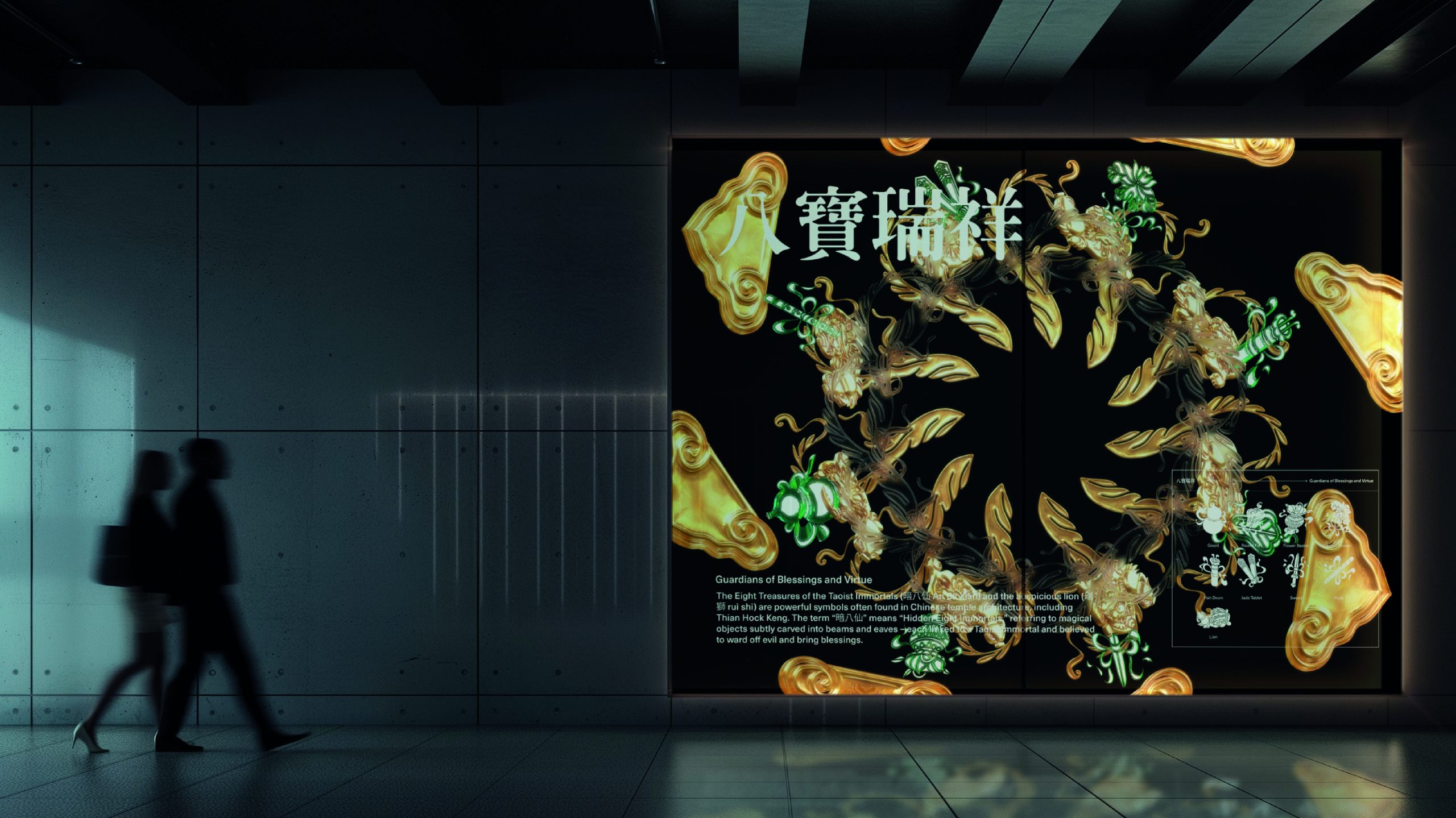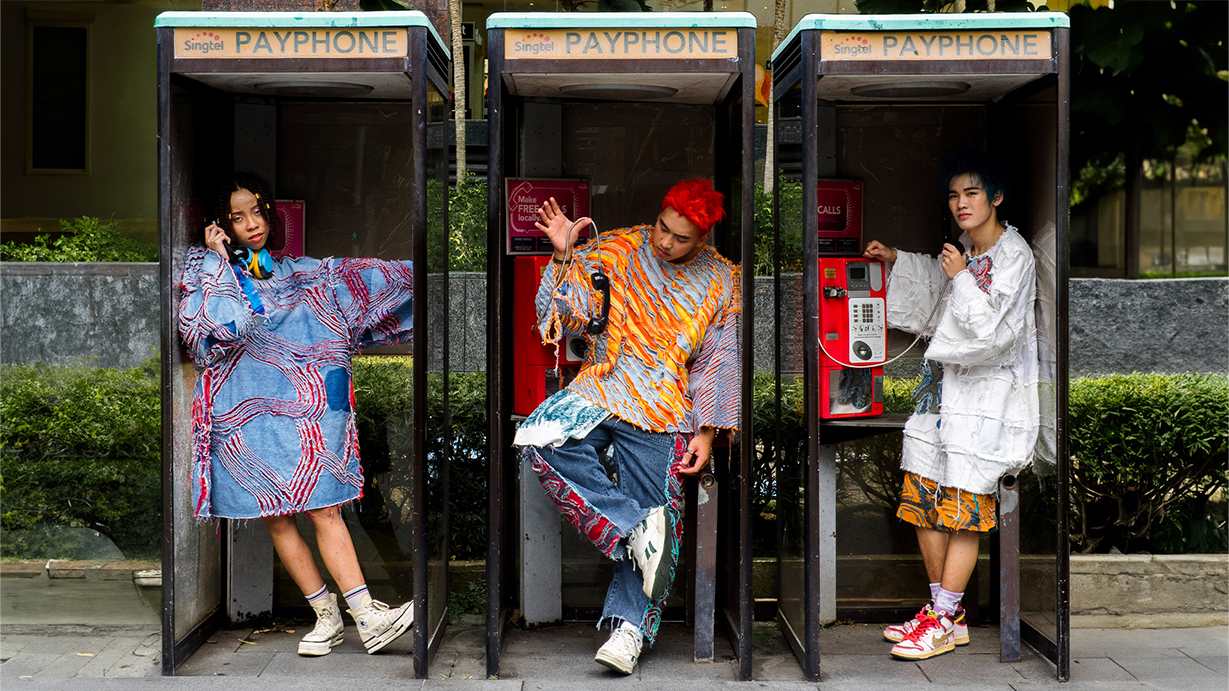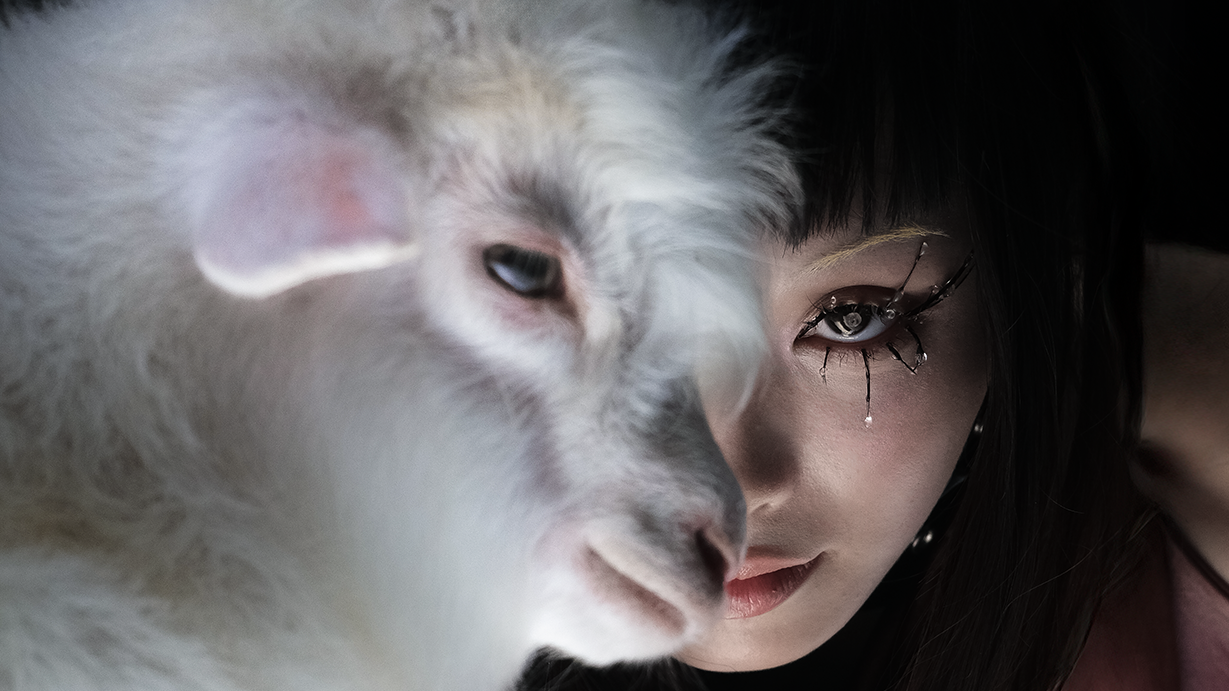Apply by 31 Jan 2026
Application outcomes will be announced by 18 Mar 2026
Programme details
Establish your technical and professional skills of the built environment in industrial design and architecture.
Interior design is the art and science of creating environments that result from the close examination of human behaviour and emotional connection through space. As a profession, it entails the design and planning of a diverse spectrum of spaces such as residential, retail, F&B, office, healthcare, hospitality and institutional spaces.
The curriculum is based on a number of key design principles where fundamental technical knowledge on building materials and technology, technical skills based on latest software applications for 2D and 3D computer-aided design (CAD) and visualisation, and modelling techniques are taught and honed.
Layered with the knowledge of historical and contemporary design, the programme develops understanding of the built environment while keeping relevant to an industry that sees the expected size of the design workforce projected to expand by 25% from 2021 to 2030.
Employment opportunities in a diverse market sector include large architectural practices to specialised design consultancy firms, builders and suppliers to lighting and furniture design practices.
Pathway structure
Design-studio culture
Industry engagement
|
Year 1 |
||
|
Craft, Techniques and Technologies 1 |
30 credits |
This module may include the following components:
|
|
Studio 1 |
15 credits |
This module may include the following components:
|
|
Critical Thinking Skills A |
15 credits |
|
|
Craft, Techniques and Technologies 2 |
30 credits |
This module may include the following components:
|
|
Studio 2 |
15 credits |
This module may include the following components:
|
|
World of Ideas and Imagination |
15 credits |
|
|
Year 2 |
||
|
Craft, Techniques and Technologies 3 |
15 credits |
This module may include the following components:
|
|
Studio 3 |
30 credits |
This module may include the following components:
|
|
Critical Thinking Skills B |
15 credits |
|
|
Cross-disciplinary Studio |
30 credits |
This module may include the following components:
|
|
Electives |
15 credits |
|
|
Professional Practice and Careers |
15 credits |
|
|
Year 3* |
||
|
Engaging Communities |
15 credits |
|
|
Internship |
45 credits |
|
|
Communication and Public Presentation Skills |
15 credits |
|
|
Final Project |
45 credits |
This module may include the following components:
|
*Modules in Level 3 may be offered in either semester or in both semesters. Your Programme Leader will advise you on the modules to be taken before the start of each semester. You will need to take modules equivalent to 60 credits in each semester.
- Practical portfolio
- Creative Process Journal
- Technical folder
- Journal
- Portfolio (pass/fail)
|
The LASALLE Diploma framework is anchored in a professional and self-directed approach, with the aim of nurturing highly-engaged, self-assured student learners of the 21st century. The Diploma framework has a modular structure which involves the following core modules: |
|
| Studio |
Studio modules primarily anchor you to a particular field/discipline of study. All Studio modules assess you in writing and ensure adequate historical and theoretical contextualisation are embedded. Studio modules are sites of creative practice with a focus and approach to allow you to discover, investigate and apply ideas, methods and materials. The Cross-Disciplinary Studio module focuses on an out-of-the-box learning environment for you to apply your critical thinking skills and develop cross-disciplinary works in the studio. The Final Project culminates in a major studio work which encourages you to demonstrate your artistic practice, conceptual and technical rigour. |
| Craft, Techniques and Technologies |
The Craft, Techniques and Technologies modules prepare you to appreciate and develop requisite technical skills for your creative work. The particular emphasis is on honing craft, building strong technique and fluid engagement with digital/technological skills. These will provide you with the necessary 21st century skills to apply to your studio/creative practice. |
| Critical Thinking Skills, World of Imagination and electives |
This set of modules establishes different modes of thinking and creative engagement in an arts school environment. It aims to expose you to a diversity of learning methods, critical inquiry and approaches to express yourself. It is envisaged that this approach sets the tone for how you as a LASALLE student are distinctive in your approach to learning and ultimately as a professional. Allowing the 21st century learner to be self-reflexive, independent and inquisitive is vital. Building on your critical thinking modules, electives will be offered in Year 2 to facilitate you to work in areas outside of your core subjects. |
| Community Engagement and professional skills |
You will undertake a Community Engagement module and be exposed to ways in which the community of your interest can be a source of long-term participation, personal fulfilment and employment, following which you will go on to pursue industry placement opportunities in a discipline-specific field. Students can opt to do one big placement or two to three short placements. Overseas stints are encouraged. The internship module is accompanied by a Professional Practice and Careers module which gives you the key tools to develop your job preparedness. Here you will be taught about emerging fields, how to be self-employed and network in the sector. Industry professionals and alumni will be invited to mentor you and your peers. You will also be taught Communications and Presentation Skills. Here, clear and confident public speaking and presentation skills are introduced to prepare you to develop and articulate your brand, articulate an artist statement, develop public speaking skills and develop your social media profile as a professional. Overall, the Diploma framework will enhance the job preparedness of Diploma graduates through greater opportunities for self-directed and cross-disciplinary learning in addition to dedicated modules to help them hone their career skills. |
LASALLE uses a 5–point Grade Point Average (GPA) system, which will be applicable to all students admitted to Year 1 with effect from AY2024/25, to track students’ academic progress throughout their studies.
Students receive letter grades for each module taken. Each grade corresponds to a grade point as shown below:
| LETTER GRADE | GRADE POINT |
| A+ | 5.0 |
| A | 5.0 |
| A– | 4.5 |
| B+ | 4.0 |
| B | 3.5 |
| B– | 3.0 |
| C+ | 2.5 |
| C | 2.0 |
| D+ | 1.5 |
| D | 1.0 |
| F | 0.0 |
The Cumulative Grade Point Average (CGPA) represents the grade point average of all modules attempted by the student. A minimum CGPA of 2.00 is required for graduation.
The computation of CGPA is as follows:
All modules, including repeat attempts, are included in the computation of the CGPA with the exception of modules that are exempted or where students were absent with valid reasons.
The classification of award and corresponding CGPA requirement are as follows:
| CGPA RANGE | CLASSIFICATION OF AWARD |
| 4.00 — 5.00 | Diploma with Distinction |
| 2.00 — 3.99 | Diploma |
LASALLE recognises the important role of artists and designers in creating a sustainable and caring world. The curriculum provides opportunities for students to identify and explore issues around sustainability (from ecology and global climate change to the sustainability of their own creative practices and wider cultural communities) and care (for the well-being and advancement of oneself and others).
The College actively encourages students to engage with and investigate these crucial contemporary issues as part of their studies, including through their projects, and critical and creative outputs. Through interdisciplinary learning and strong engagement with these topics, the aim is to empower students to lead the way towards sustainable practices and caring communities within the cultural and creative industries.
Basic materials for learning are provided by the College.
As a developing artist, you are required to have certain items that are personal to you and cannot be shared. Such items include books, dance shoes, rehearsal clothes, safety boots, portable musical instruments, paints, canvas, basic tools, design software, cameras, etc., that will support you through your three-year learning journey. The College does not encourage the purchase of extravagant or costly materials or equipment. Our lecturers can provide you with affordable suggestions.
You are also encouraged to have your own laptop for education. If you do not own one, computer labs are available on campus with requisite software for you to undertake your work.
There may be opportunities for you to undertake extra-curricular study trips to enhance your overall learning. Trips are not compulsory and may incur additional costs.
Interior designer, furniture designer, exhibition designer, stage designer, healthcare, hospitality consultant.
Admissions information
Portfolio
To determine your suitability for the programme, you will need to submit a portfolio.
- Your portfolio should contain 10 individually produced and carefully chosen images of creative work that reflect your interests in the programme discipline you have applied to. You may include 2D and 3D visualisations, photographs, ideation, sketches or written work that demonstrate your interests, flair and development in design.
- Each piece of work should be labelled to indicate if it is academic, professional or personal. If you present a team project, clearly identify your individual contribution. Keep any description to a minimum number of words. Upload your portfolio as a digital PDF file of not more than 120MB.
Notes:
– Although AI has revolutionised the world of art and design, we prefer to see work that has not been assisted with AI tools.
– All submitted materials should be original works created by you.
– Portfolios containing work copied from other sources, such as websites, magazines, films and the work of other artists/designers, will be rejected.
– Examples of work might include designing a brand identity, packaging, fashion design, surface and textiles patterns, furniture, products, spatial design, posters, advertisements, storyboards and mood boards.
– Examples of work might also include drawings, collages, posters, sculptures, digital images (Photoshop, Illustrator, etc), photographs, and/or video clips. These works should demonstrate your creative development and process and be created solely by you (not from a photograph, magazine, copied from a reproduction of another source or assisted with AI tools).
If we wish to know more about your artwork from your portfolio, we will arrange for a discussion with you.
Diploma tuition fees for August 2026 intake (per annum fees)
NOTE
- Funded/subsidised fees for Singaporeans and Singapore PR qualify for GST subsidy from MOE, all other fees include 9% GST from 2024.
- Fees are due on the first day of each semester.
- Fees are subject to change.
- Correct as of August 2025.
A non-refundable application fee (inclusive of GST*) is chargeable per application. Application is only complete upon receipt of your application fee and all necessary documents. Please ensure your application fee is paid and documents are uploaded. LASALLE reserves the right to withdraw the applicant if the application fee remains unpaid and documents are not received by the due date.
* GST is at 9% from 2024.
| SINGAPOREAN / SINGAPORE PERMANENT RESIDENT APPLICANTS | INTERNATIONAL APPLICANTS |
|---|---|
| S$75 | S$120 |
All payment to LASALLE must be made in Singapore Dollar. In line with the Singapore government's move towards a cashless society, online payments are strongly encouraged. Below are the payment modes acceptable by LASALLE.
| PAYMENT METHOD | PAYMENT MODE |
|---|---|
| Online payment |
Flywire |
Basic materials for learning are provided by the College.
As a developing artist, you are required to have certain items that are personal to you and cannot be shared. Such items include books, dance shoes, rehearsal clothes, safety boots, portable musical instruments, paints, canvas, basic tools, design software, cameras, etc., that will support you through your three-year learning journey. The College does not encourage the purchase of extravagant or costly materials or equipment. Our lecturers can provide you with affordable suggestions.
You are also encouraged to have your own laptop for education. If you do not own one, computer labs are available on campus with requisite software for you to undertake your work.
There may be opportunities for you to undertake extra-curricular study trips to enhance your overall learning. Trips are not compulsory and may incur additional costs.
Medical Insurance Scheme
All full-time students of LASALLE are required to be covered under the Medical Insurance Scheme (MIS). The annual coverage of S$20,000 includes school-related activities throughout the programme duration.
The current premium rate is $29.98 (inclusive of 9% GST) payable each semester. This premium rate is subject to change based on the prevailing premiums charged by the insurer and prevailing GST rate.
Application dates for scholarships will be reflected in the various scholarship pages. Other externally sponsored scholarships are also available to students. Enquiries and applications may be directed to the respective organisations.
Please note that miscellaneous fees are not covered by scholarships, bursaries or the Mendaki Tertiary Tuition Fee Subsidy (TTFS).
A range of financial assistance schemes, grants and loans are made available to help meet a portion of the educational expenses of students.
Application dates for financial assistance will be reflected in the various bursary pages.
Please note that miscellaneous fees are not covered by scholarships, bursaries or the Mendaki Tertiary Tuition Fee Subsidy (TTFS).
If this is your first time venturing into Asia, here are some of the reasons why Singapore is an ideal place for the global-minded arts student.
The College provides a dynamic learning environment that is conducive for you to pursue academic excellence and develop skills, creativity and critical reflection through a comprehensive range of student support services.
Let our appointed network of overseas representatives help you with your application.
Find out everything you need to know to ensure that your application goes without a hitch.
Highlights
Explore our highlights
Singapore Interior Design Awards
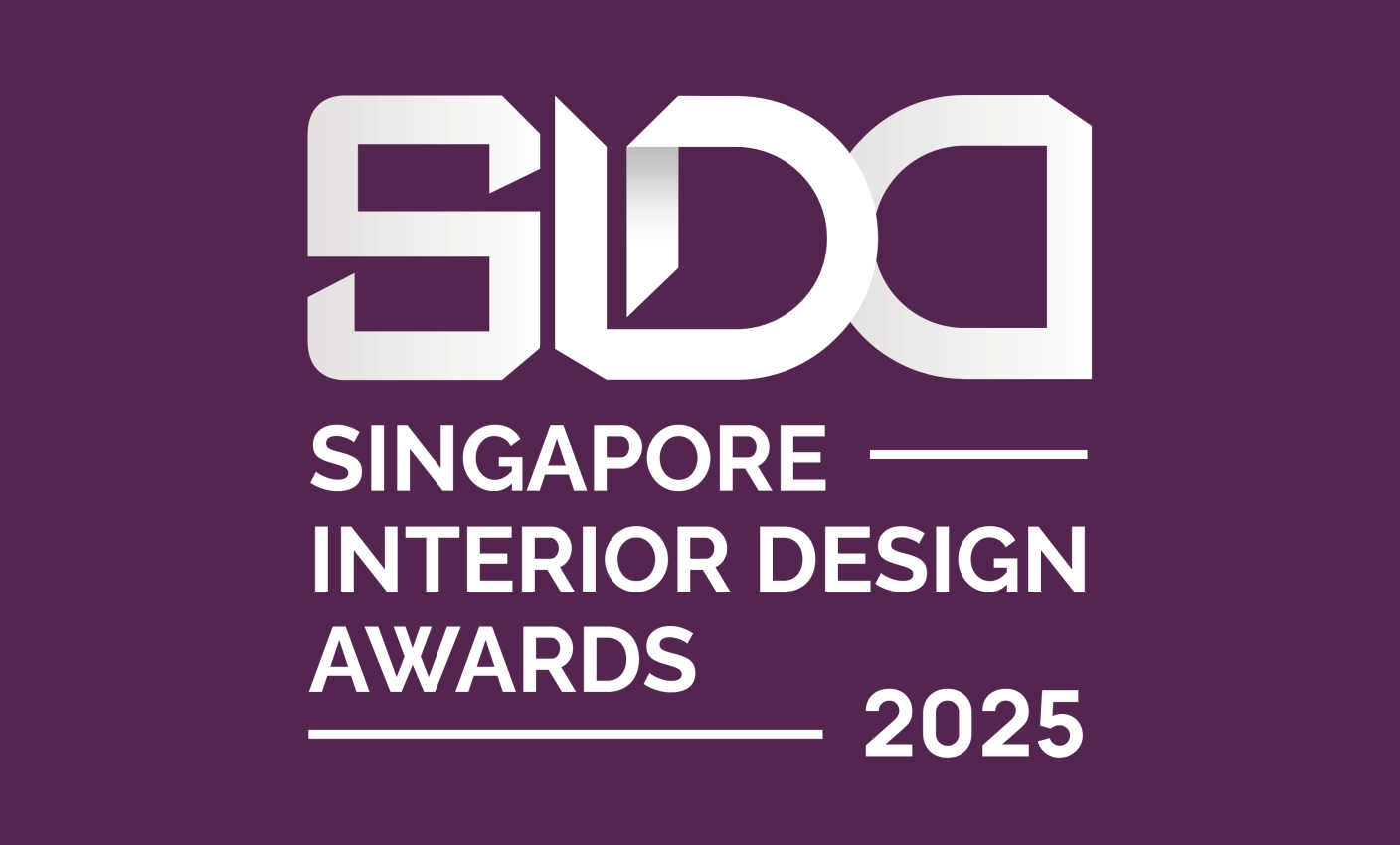
The James Dyson Award
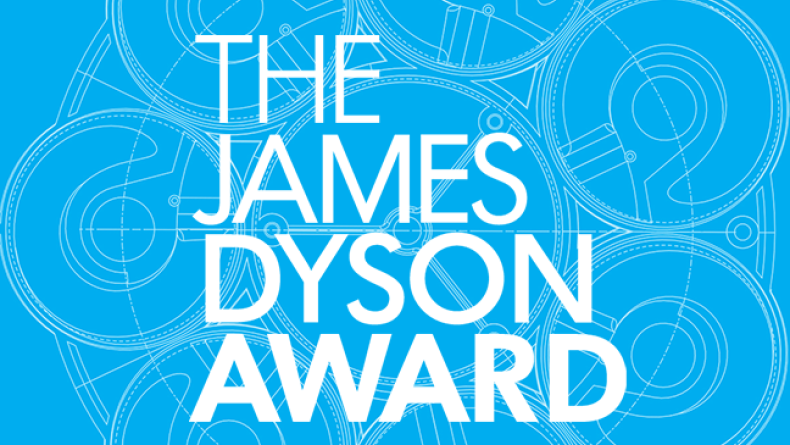
Cumulus Green awards
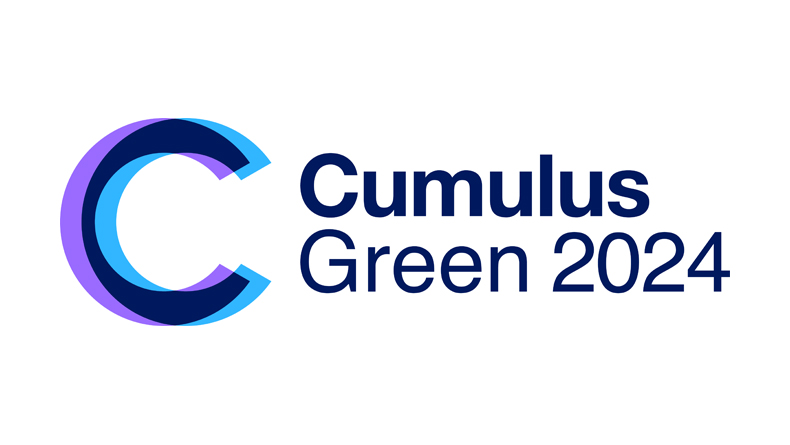
Design Excellence Awards
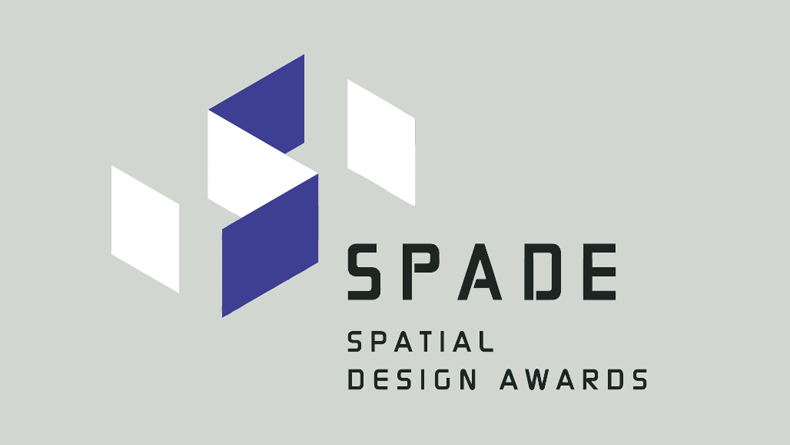
Asia Young Designer Award
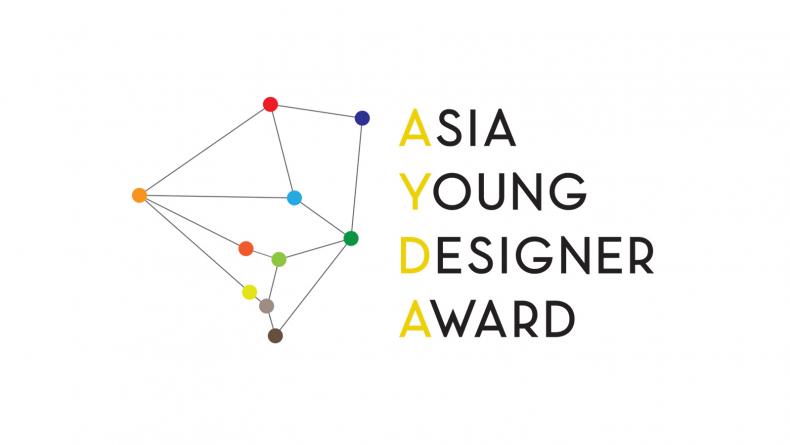
Faculty
Campus tour
